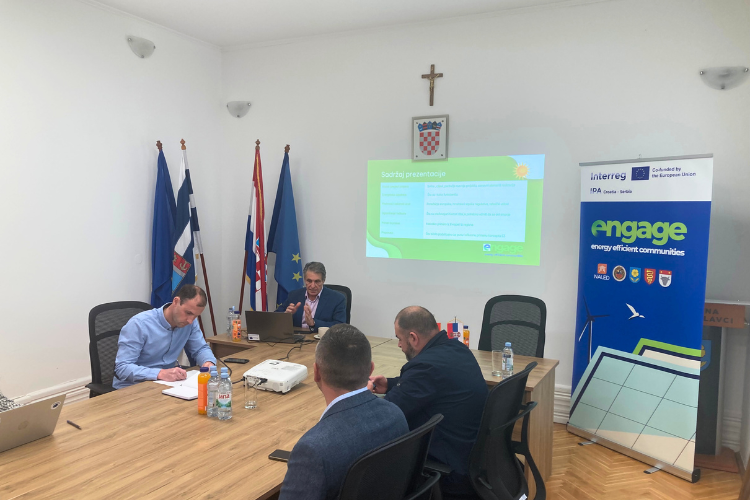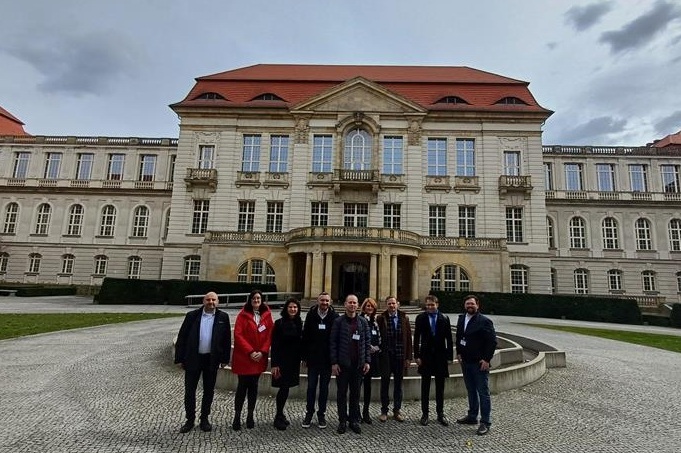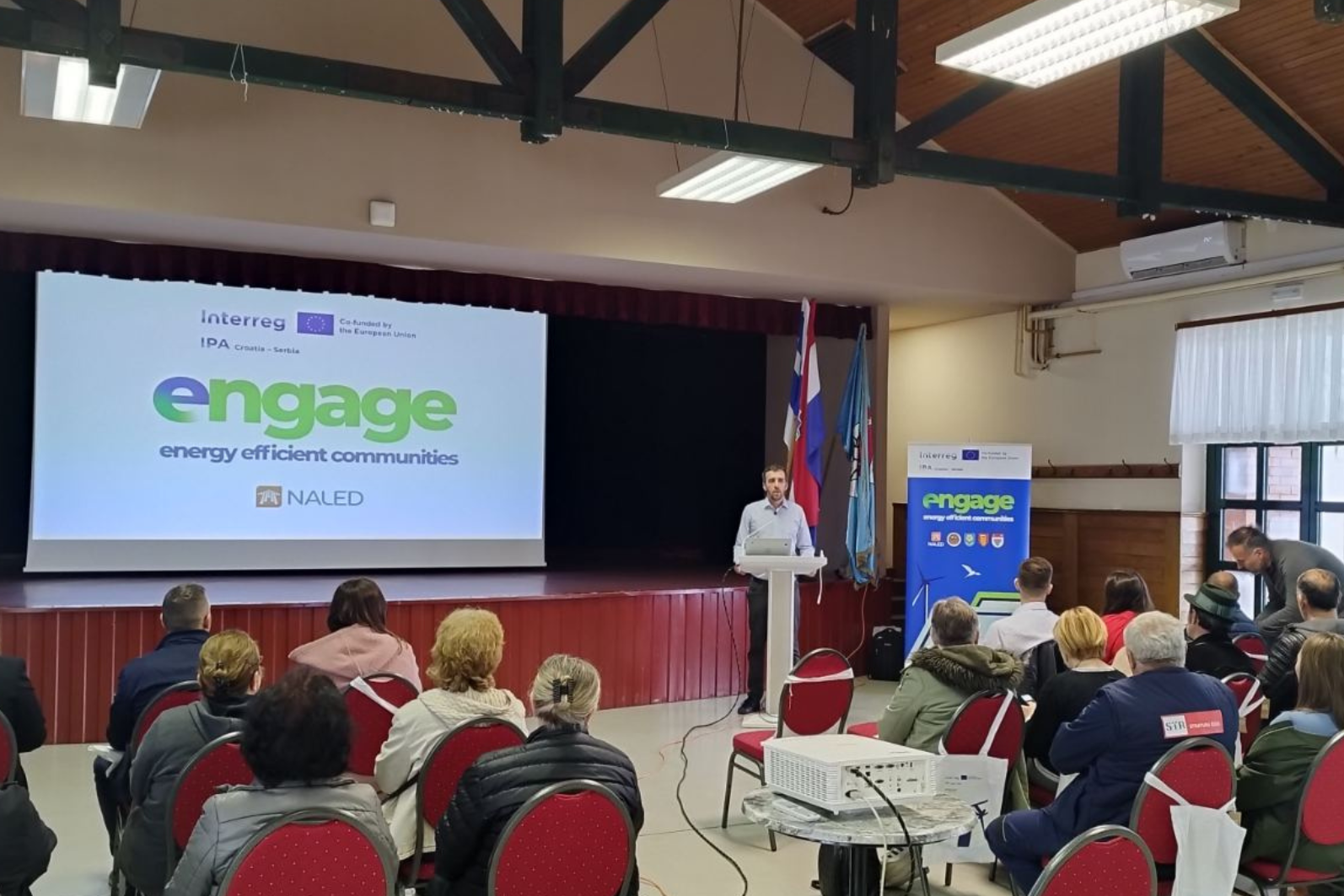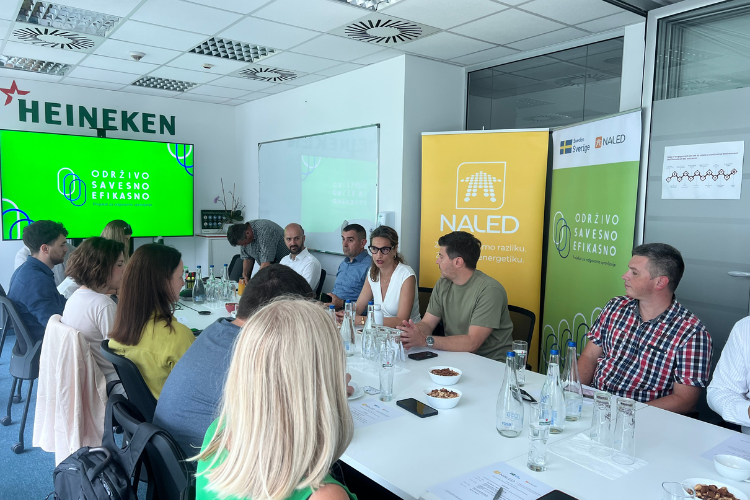Municipal Cross-Border Cooperation in the Western Balkans Project (MCBC WB6)

Donor: Deutsche Energie-Agentur (dena)
Beneficiaries: Primary beneficiaries - local governments and the general public, as direct users of the trainings and workshops conducted throughout the project, secondary beneficiaries – citizens and private sector
Implementation period: june 2025. - september 2026.
NALED and the German Energy Agency (dena) have launched their first joint project called the “Municipal Cross-Border Cooperation in the Western Balkans Project (MCBC WB6).”
The project aims to strengthen the capacities of municipalities across the Western Balkans region in order to accelerate local energy transition and foster cross-border and regional cooperation.
The project is part of a broader engagement by the German government through cooperation with the Federal Foreign Office and seeks to contribute through local initiatives to the implementation of the Green Agenda for the Western Balkans, strengthening political stability, and the European integration process. The project is scheduled for implementation until September 2026, and its results are expected to contribute to the long-term improvement of energy sustainability and a better quality of life for citizens throughout the region.
The project covers municipalities from Albania, Bosnia and Herzegovina, Montenegro, Kosovo*, Serbia, and North Macedonia, focusing on connecting local governments, exchanging experiences, and implementing concrete measures to improve energy efficiency and increase the use of renewable energy sources.
NALED plays a key role as a local partner in this project – participating in the identification and selection of additional municipalities to join the network, coordinating activities on the ground, maintaining contact with municipalities and other local stakeholders, and providing expert support in project implementation.
Key project activities:
- Formation of local teams (core teams) in each municipality, including representatives from municipal administrations, public enterprises, the private sector, and civil society;
- Establishment of a joint steering group with two representatives from each municipality to coordinate activities, monitor progress, and propose initiatives;
- Organization of numerous trainings and workshops to strengthen the knowledge and skills of local teams in the field of energy transition;
- Development of a strategy and models for long-term cross-border cooperation;
- Coordination of field activities and provision of expert support to municipalities.




